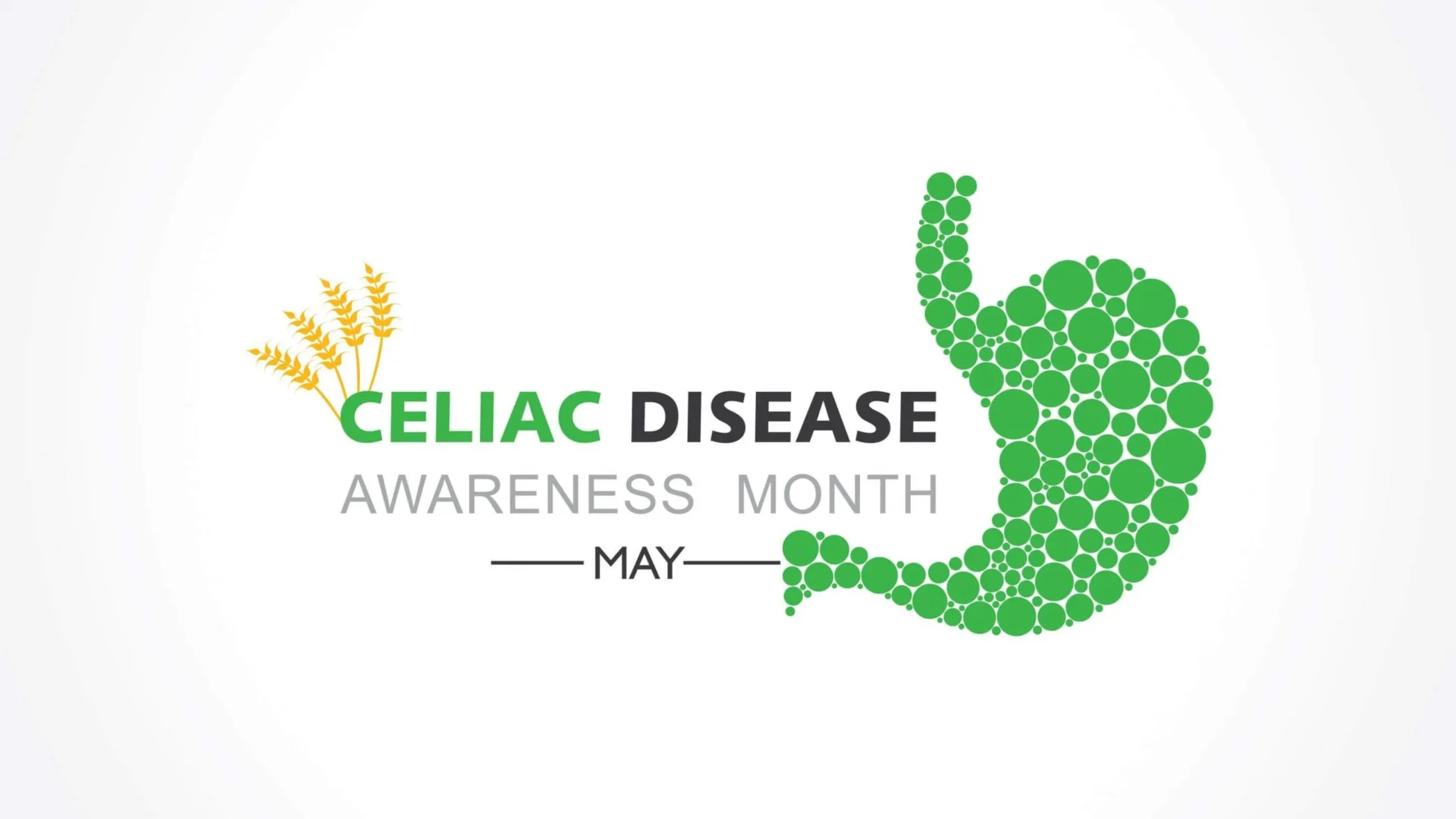Search by Color or Cause


National Celiac Disease Awareness Month, observed each May, is supported by the National Foundation for Celiac Awareness and other relevant organizations. Celiac Awareness Month events further raise awareness about celiac disease. In addition, the month provides support for those affected by celiac disease. National Celiac Disease Awareness Month, in collaboration with scientists and other organizations, also supports research into celiac disease. Wear light green to raise awareness about National Celiac Disease Awareness Month. We offer light green enamel awareness ribbon pin, light green fabric ribbons, and light green silicone awareness wristband bracelets for this important awareness month.
National Celiac Disease Awareness Month is a time to wear light green. May is Celiac Awareness Month! With your help, we’re also tackling the stigma and misinformation that surrounds celiac disease and the gluten-free diet. This month, too, take some time to educate those in your life about the disease, donate to the cause, or just enjoy some delicious, gluten-free food.
Celiac disease affects 1 in 133 people, or 1% of the population. This means millions of Americans and people across the globe suffer from this disease that’s triggered by consuming gluten. But, only 5% know they have it.
It’s very important for individuals to recognize the symptoms of celiac disease, as they can develop chronic health problems if left untreated. This May, we’re aiming to increase awareness of the disease, and how patients have the power to eliminate their symptoms through lifestyle changes.
For individuals with celiac disease, socializing or going out with friends can be stressful.
Share these tips to help celiac sufferers dine out: